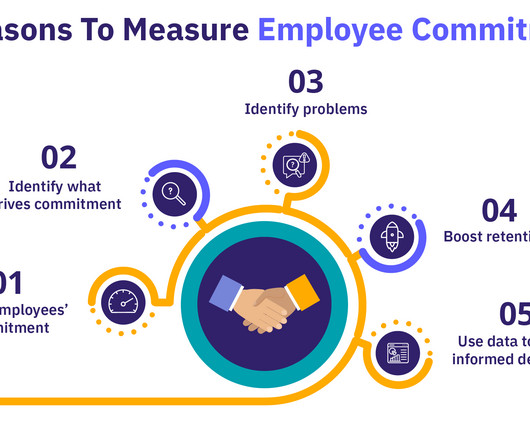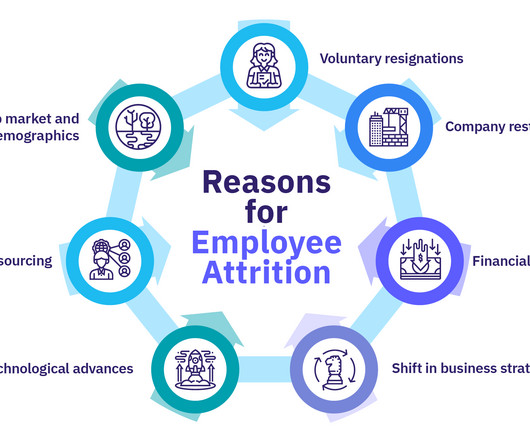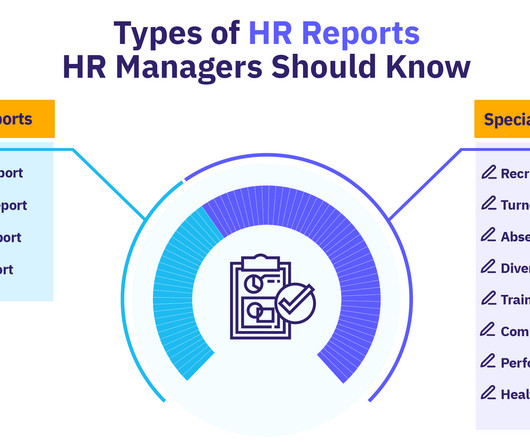21 Highest-Paying HR Jobs in 2023
AIHR
SEPTEMBER 13, 2023
Skills required to earn within the 75th percentile: Human resource expertise: Solid HR knowledge of talent acquisition, performance management, compensation and benefits, employee relations, talent development, and workforce planning. They design, implement, and monitor employees’ equity and compensation plans.












Let's personalize your content